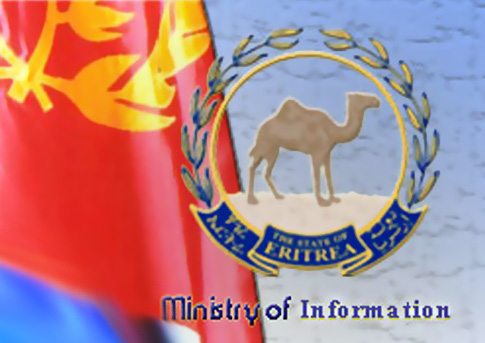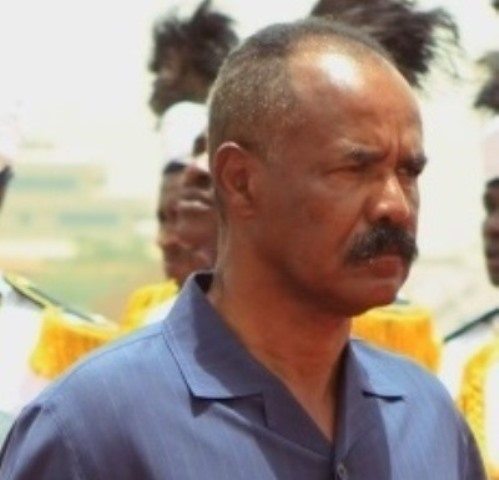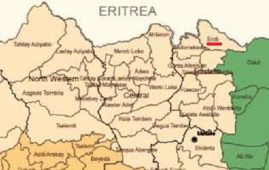Demonstrations in Cairo’s Tahrir square against Egypt’s interim military rulers have reportedly left at least 33 people dead and more than 1,500 injured since they began on 19 November.
The protesters accuse the Supreme Council of Military Forces (SCAF) of hijacking the revolution that ousted former president Hosni Mubarak in February, and failing to protect the human rights the uprising intended to enshrine.
The following are some of the concerns over the state of the rule of law in Egypt.
Military courts trying civilians
Since it took over, the SCAF has arrested and brought some 12,000 civilians before military tribunals. This figure exceeds the total record in Mubarak’s 30-year rule, when military trials were reserved for high-profile cases. Human Rights Watch Middle East and North Africa director Joe Stork said in September that the number was "astounding and shows how Egypt’s military rulers are undermining the transition to democracy". The tribunals have been condemned by human rights groups and the campaign No Military Trials for Civilians was launched to mobilize against their continuation.
Detention of activists
Democracy activist Alaa Abdul Fatah is among the recent arrests, detained on 30 October for refusing to be interrogated by a military prosecutor. Fatah is still in custody, despite campaigns for his release, including a hunger strike by his mother, prominent activist Laila Soueif. From inside the prison, Fatah has been bloggingand written an article in which he relates that torture is still being used by the police.
Use of violence against demonstrators
The ongoing clashes in Tahrir Square follow a number of similar countrywide incidents since the Mubarak regime fell. On 9 October a mainly Coptic demonstration was held outside the state TV building Maspero, ending with at least 28 dead and 500 injured. SCAF has refused to allow an independent investigation. At least 30 civilians, including Fatah, have been detained on charges related to the Maspero events. On 10 November, a video on YouTube showed military vehicles running over demonstrators and police firing live ammunition into the crowds.
Use of torture
Torture has been systematically used by Egyptian police and security forces for decades. An Amnesty International report stated that after the revolution, "torture continues to be widespread in Egypt’s police stations, prisons and detention centres" and is still being committed "with virtual impunity". No independent investigations are known to have been conducted but according to reports, incidents of torture have led to deaths in custody in several cases. On 27 October, Essam Atta, 23, died in a Cairo hospital after having been subjected to severe and multiple torture. After Atta’s death, many drew parallels between him and Khaled Said, the 28-year-old who became a symbol for the revolution after having been tortured to death by police in June 2010.
Attack on civil society
Egyptian civil society feels increasingly under attack by the SCAF. On 14 September, it announced that more than 30 NGOs were "illegal" for receiving foreign funding and not being registered with the Social Solidarity Ministry. The list includes many long-established and respected organizations. On 10 November, six of these rights groups issued a statement saying that they refuse to legitimize the military council. The SCAF, the statement said, had launched "a systematic campaign against those who defend democracy".
Discrimination on the rise
A final concern is the continued discrimination faced by religious minorities. Egyptians of all faiths were driving the revolution against dictatorship, but minorities have continued to suffer discrimination by the authorities and receive inadequate protection against sectarian radicalism. On different occasions, Coptic churches have been attacked. Discrimination, says Amnesty, "appears to have worsened since the SCAF assumed power".
Egyptian women continue to face sexism, widespread discrimination, and under-representation in political and public life. Sexual harassment is commonplace on the streets. Women protesters who were arrested on 9 March report the use of forced so-called "virginity tests" while in custody. The 20 members of the military council are all men.
***********
This article first appeared on Nov. 22, 2011 on IRIN (the humanitarian news and analysis service of the UN-OCHA), with the title ‘EGYPT: Rule of law under siege’. Items from IRIN are published in this blog with a written permission to do so. Yet, this doesn’t necessarily indicate an endorsement of the claims therein.
Check the Egypt archive for previous and forthcoming posts.





